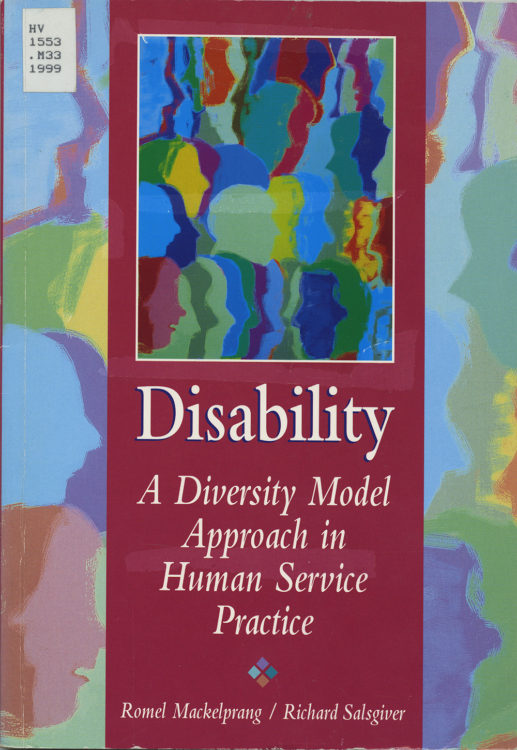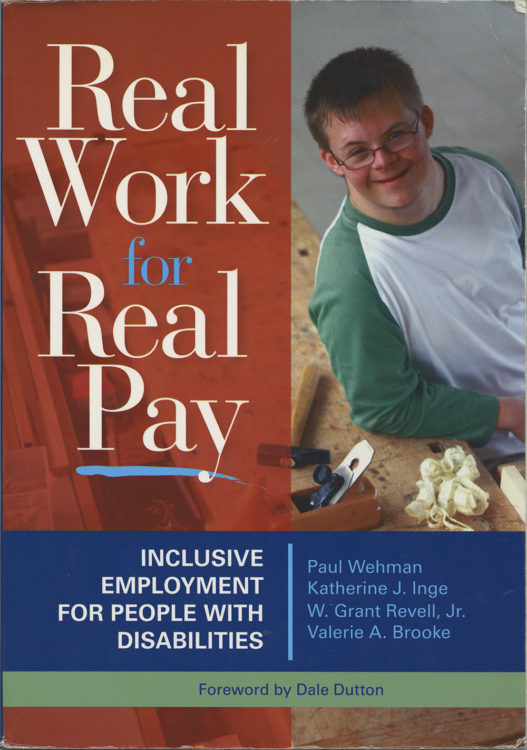Title I of the Americans with Disabilities Act (ADA) prohibits employers from discriminating against a qualified individual with a disability. The law applies to all employers (private, state and local governments, employment agencies, labor organizations, etc.) as well as all aspects of employment (hiring, firing, benefits, pay, job assignments, promotions, training, etc.). This portion of ADA is enforced by the U.S. Equal Employment Opportunity Commission (EEOC).
To receive protection from job discrimination under the ADA, you must be qualified to perform the essential functions or duties of a job, with or without reasonable accommodation. Reasonable accommodation includes any change to job duties or a work environment that allows a qualified person to participate in all aspects of employment. Such accommodations can include providing or modifying equipment, modifying work schedules, reassignment to a vacant position, etc.
Your rights: If you are applying for a job, an employer cannot ask you if you are disabled or about the nature or severity of your disability. They may only ask if you are able to perform the essential duties of the job. If you think you may need reasonable accommodation, you must request it of your employer. The ADA requires that the employer pay for any necessary reasonable accommodation. The requirement to provide reasonable accommodation in the workplace extends beyond the worker’s immediate work area to all services, programs, and non-work facilities, like cafeterias, that are provided by the employer.
If you think you have been discriminated against on the basis of disability, contact your local EEOC office. You must file a complaint within 180 days of the alleged discrimination.




